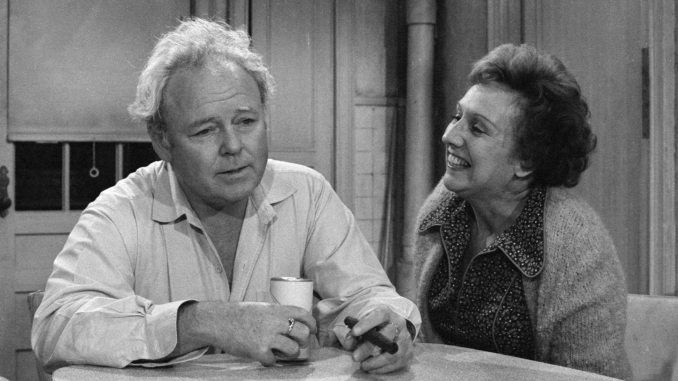
Explore the 9 iconic Norman Lear TV shows that revolutionized television with their groundbreaking themes and unforgettable characters. Discover why these classics remain relevant today.
Norman Lear is a legendary figure in television history, known for creating shows that not only entertained millions but also pushed social boundaries. His groundbreaking work reshaped the landscape of American TV, tackling controversial topics with humor and heart. Here are the 9 quintessential Norman Lear TV shows that left an indelible mark on television and culture.
1. All in the Family
All in the Family is perhaps Lear’s most famous creation. The show introduced Archie Bunker, a working-class bigot whose outspoken opinions sparked important conversations about race, politics, and social change. It broke taboos and set a new standard for sitcoms.
2. The Jeffersons
A spin-off from All in the Family, The Jeffersons followed an affluent African-American family moving up the social ladder. It tackled themes of race, class, and ambition with humor and heart.
3. Maude
Maude starred Bea Arthur as a strong-willed feminist who challenged societal norms. The show addressed topics like women’s rights, abortion, and mental health, making it a trailblazer in TV social commentary.
4. Good Times
This series portrayed the struggles and triumphs of a Black family living in a Chicago housing project. It highlighted economic hardships and family values, offering a rare focus on urban life in the 1970s.
5. Sanford and Son
Centered on a cantankerous junk dealer and his son, this show combined sharp wit with social critique. It was one of the first sitcoms to feature African-American leads, blending comedy with cultural insight.
6. One Day at a Time
Focusing on a divorced mother raising her two daughters, One Day at a Time was praised for its honest portrayal of family dynamics, single parenthood, and women’s empowerment.
7. The Doris Day Show
Though lighter in tone, this show starred Doris Day as a widow adjusting to a new life. It reflected societal shifts and the changing role of women in the early 1970s.
8. Mary Hartman, Mary Hartman
A satirical soap opera parody, this series offered a darkly comedic look at suburban life and American consumer culture, standing out for its unique tone and storytelling style.
9. Sunday Dinner
This lesser-known Lear show explored family relationships and generational clashes, continuing his tradition of combining humor with thoughtful social commentary.